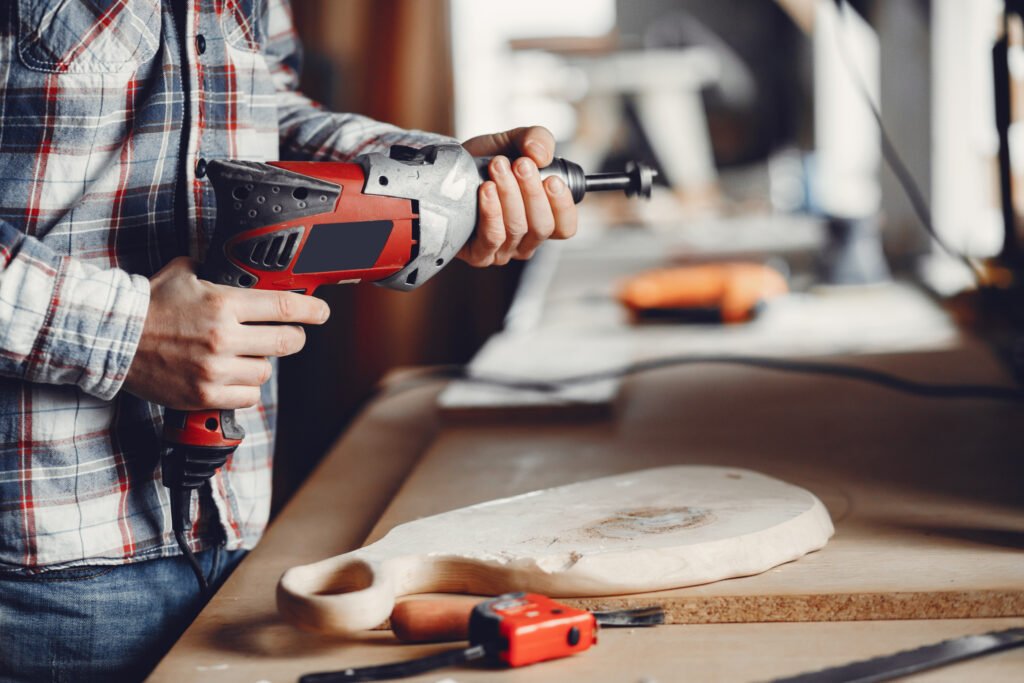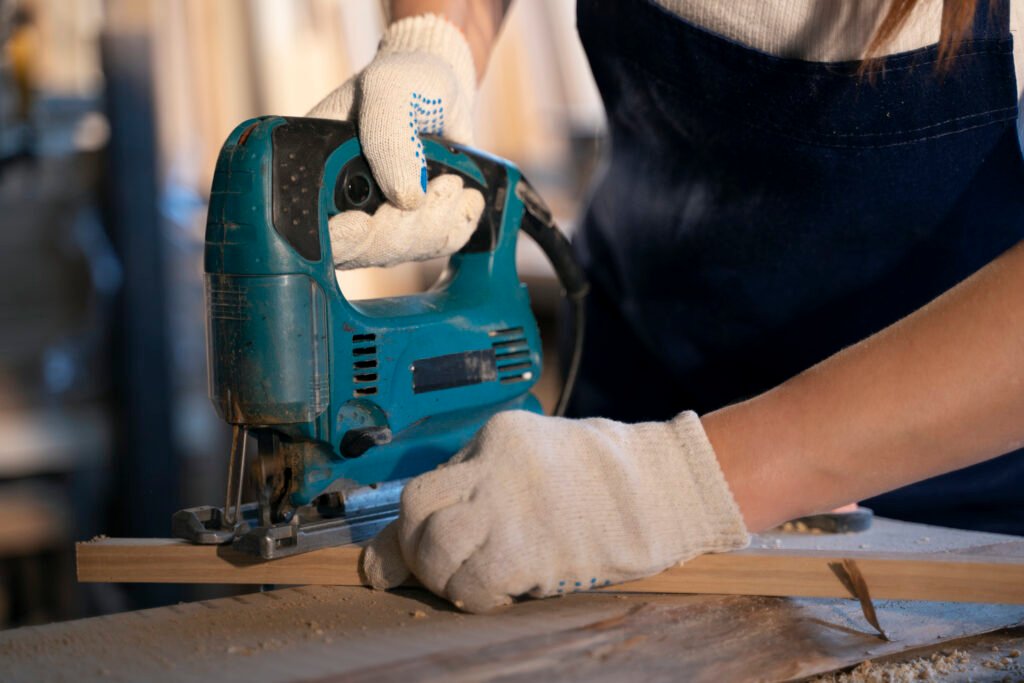Choosing the right core drill bit can make a significant difference in the success of your drilling projects. With the right tool, you can achieve precise, clean cuts, minimize wear and tear, and enhance the overall efficiency of your operations. Whether you’re working on a major construction project, a commercial building demolition, or a specialized infrastructure task, selecting the appropriate core drill bit is crucial. This comprehensive guide will help you understand the key factors to consider when selecting the perfect core drill bit for your specific needs.
Core drill bits are cylindrical drilling tools designed to remove a core or cylinder of material from the workpiece. These versatile tools are essential in various applications, including construction, masonry, plumbing, and electrical installations. They are commonly used to drill holes in materials such as concrete, stone, asphalt, tile, and even metal. Given the wide range of materials and project requirements, it’s essential to choose a core drill bit that matches the specific demands of your task.
The process of selecting the right core drill bit involves understanding the properties of the material you’ll be drilling, the type and size of the drill bit, and the compatibility with your drilling equipment. Additionally, factors such as the bit’s bond and matrix, length, and quality play crucial roles in determining its performance and durability. With the right knowledge and considerations, you can avoid common pitfalls, such as using the wrong type of bit that could lead to inefficient drilling, excessive wear, and even damage to the workpiece.
Understanding Core Drill Bits
Core drill bits are cylindrical drilling tools designed to remove a core or cylinder of material from the workpiece. They are commonly used in construction, masonry, and various industrial applications to drill holes in materials such as concrete, stone, asphalt, and tile. Core drill bits come in various sizes, materials, and designs, each suited for different types of projects.
1. Determine the Material to Be Drilled
The first step in selecting a core drill bit is identifying the material you will be drilling. Different materials require different types of drill bits to achieve optimal results. Here’s a breakdown of common materials and the appropriate core drill bits for each:
- Concrete: For drilling concrete, diamond core drill bits are the best choice. They are designed to cut through hard, abrasive materials with precision and ease.
- Asphalt: Asphalt drilling also requires diamond core bits due to their ability to handle the abrasive nature of asphalt.
- Tile and Stone: For materials like tile and stone, diamond core bits are preferred for their durability and precision.
- Metal: When drilling metal, you’ll need a core drill bit specifically designed for metalworking, such as carbide-tipped or high-speed steel (HSS) bits.
2. Choose the Right Size
Core drill bits come in various sizes, ranging from small diameters suitable for plumbing installations to large diameters used in construction projects. The size of the core drill bit you choose should match the diameter of the hole you need to drill. It’s essential to measure accurately and select a bit that provides a clean, precise cut.
3. Consider the Drill Type
There are different types of drills and core drilling machines, and the compatibility of the drill bit with your equipment is crucial. Here are some common types of core drills:
- Handheld Core Drills: These are portable and ideal for smaller jobs. Ensure that the core drill bit you choose is compatible with handheld drills.
- Rig-Mounted Core Drills: These are more powerful and suitable for larger, more demanding projects. They provide stability and precision, especially when drilling larger holes.
- Electric vs. Hydraulic Core Drills: Electric drills are more common and easier to use, while hydraulic drills offer more power and are used in heavy-duty applications. Choose the core drill bit that matches your drill type.
4. Evaluate the Bit’s Bond and Matrix
The bond and matrix of a diamond core drill bit determine its performance and durability. The bond refers to the material holding the diamonds in place, while the matrix is the metal segment that wears away to expose new diamonds. Here are some considerations:
- Soft Bond: Suitable for drilling hard materials like reinforced concrete. The soft bond wears away quickly, exposing new diamonds for continuous cutting.
- Medium Bond: Ideal for general-purpose drilling, suitable for a variety of materials including brick and medium-hard concrete.
- Hard Bond: Best for drilling soft, abrasive materials like asphalt. The hard bond ensures that the diamonds stay in place longer, providing a longer tool life.
5. Determine the Drill Bit Length
The length of the core drill bit is another critical factor. The length should be sufficient to drill through the material thickness while allowing for the removal of the core. Standard lengths are available, but you can also find extended lengths for deeper holes. Ensure that the bit length matches your project requirements.
6. Look for Quality and Brand Reputation
The quality of the core drill bit is paramount. Investing in high-quality drill bits from reputable brands ensures durability, efficiency, and safety. Well-known brands in the industry have a track record of producing reliable, high-performance drill bits. Look for reviews and recommendations to guide your choice.
7. Consider Your Budget
While it’s essential to invest in quality, it’s also important to consider your budget. Core drill bits come in a wide price range, depending on the material, size, and brand. Determine your budget and find the best quality drill bit within your price range. Remember that a higher initial investment in a quality drill bit can save you money in the long run by reducing wear and tear and increasing productivity.
8. Seek Professional Advice
If you’re unsure about which core drill bit to choose, seek advice from professionals or suppliers with expertise in drilling equipment. They can provide valuable insights and recommendations based on your specific needs and project requirements.
9. Understand the Importance of Proper Maintenance
Proper maintenance of your core drill bits is crucial for extending their lifespan and ensuring optimal performance. Here are some maintenance tips:
- Regular Cleaning: Clean the drill bit after each use to remove debris and prevent buildup.
- Proper Storage: Store the drill bits in a dry, cool place to prevent rust and damage.
- Inspection: Regularly inspect the drill bits for wear and tear. Replace worn-out bits promptly to maintain drilling efficiency.
- Lubrication: Use appropriate lubricants to reduce friction and heat during drilling.
10. Safety Considerations
Safety should always be a priority when using core drill bits. Here are some safety tips to keep in mind:
- Wear Protective Gear: Always wear safety goggles, gloves, and hearing protection when drilling.
- Secure the Workpiece: Ensure that the material being drilled is securely fastened to prevent movement.
- Follow Manufacturer Instructions: Adhere to the manufacturer’s guidelines and recommendations for the specific drill bit and equipment.
- Use the Right Speed and Pressure: Avoid applying excessive pressure or using incorrect drill speeds, as this can damage the bit and the workpiece.
In conclusion, Choosing the right core drill bit for your needs involves careful consideration of various factors, including the material to be drilled, the size and type of the drill bit, the bond and matrix, and the length. Quality and brand reputation, budget, and professional advice also play crucial roles in making the right choice. Proper maintenance and safety practices further ensure the longevity and efficiency of your drill bits.
By following this guide, you can select the perfect core drill bit that meets your specific requirements, enhances your drilling projects, and provides precise, clean cuts with minimal effort. Investing time in choosing the right tool will pay off in improved performance, reduced costs, and successful project outcomes.




